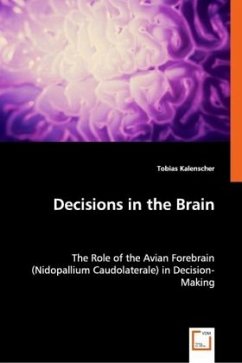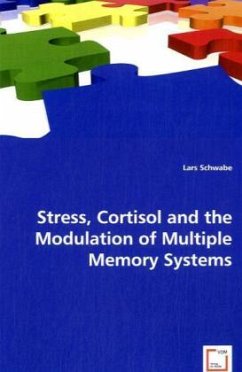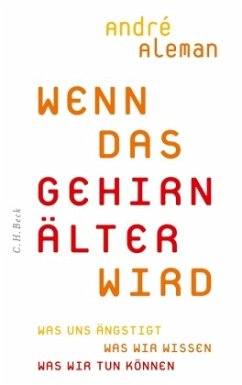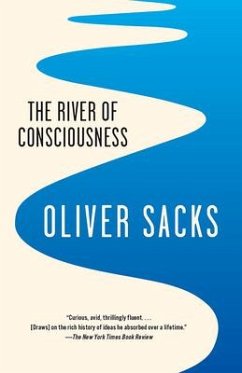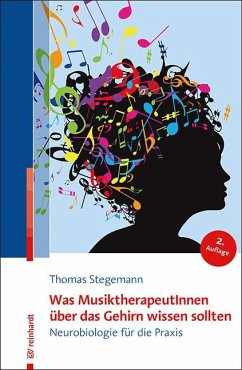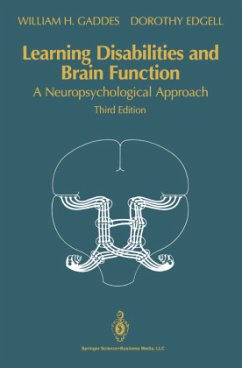
Effects of Stress
Cerebral Blood Flow Velocity, Salivary Cortisol, and Subjective State
Versandkostenfrei!
Versandfertig in 6-10 Tagen
32,99 €
inkl. MwSt.

PAYBACK Punkte
16 °P sammeln!
A multidimensional approach to the measurement of stress response assessed the effects of a high workload short task battery and vigilance task on cerebral blood flow velocity (CBFV), salivary cortisol, and subjective state in order to measure the mutual coherence of different indices of stress. Findings dissociated multiple stress responses. Specifically, CBFV increased following the short battery but decreased following vigilance, together with the subjective factor of task engagement (Matthews et al., 1999). Findings of the present study confirm that responses to stress are not unitary, but...
A multidimensional approach to the measurement of stress response assessed the effects of a high workload short task battery and vigilance task on cerebral blood flow velocity (CBFV), salivary cortisol, and subjective state in order to measure the mutual coherence of different indices of stress. Findings dissociated multiple stress responses. Specifically, CBFV increased following the short battery but decreased following vigilance, together with the subjective factor of task engagement (Matthews et al., 1999). Findings of the present study confirm that responses to stress are not unitary, but multifaceted in nature. High workload tasks may have a general tendency to elicit subjective distress, but qualitatively different performance challenges provoke different, complex patternings of physiological and subjective stress response. The present study suggests that it may worth monitoring for loss of task engagement and CBFV during sustained performance but further research is necessary to determine the optimal diagnostic predictors of excessive stress for the individual operator.



